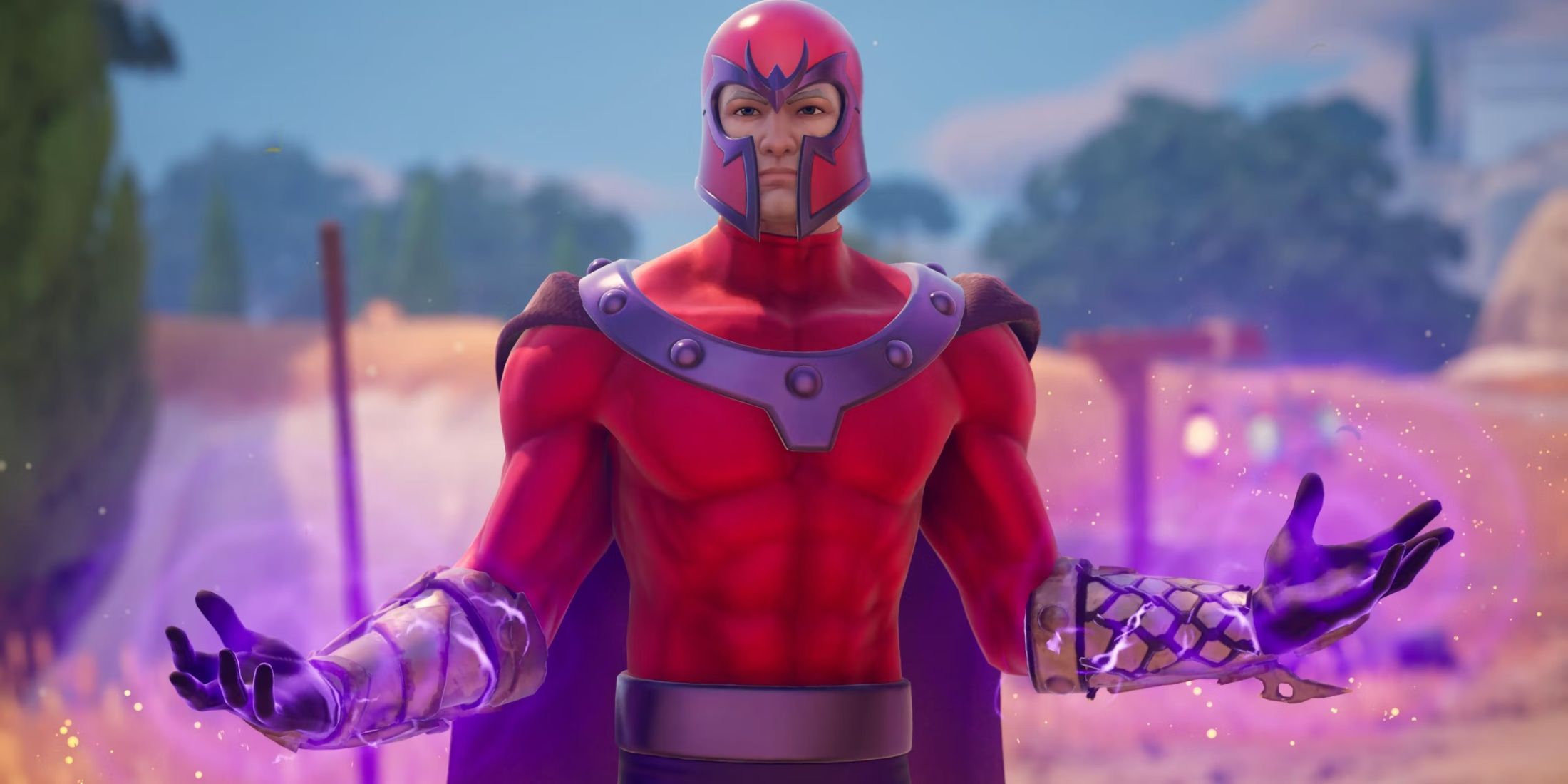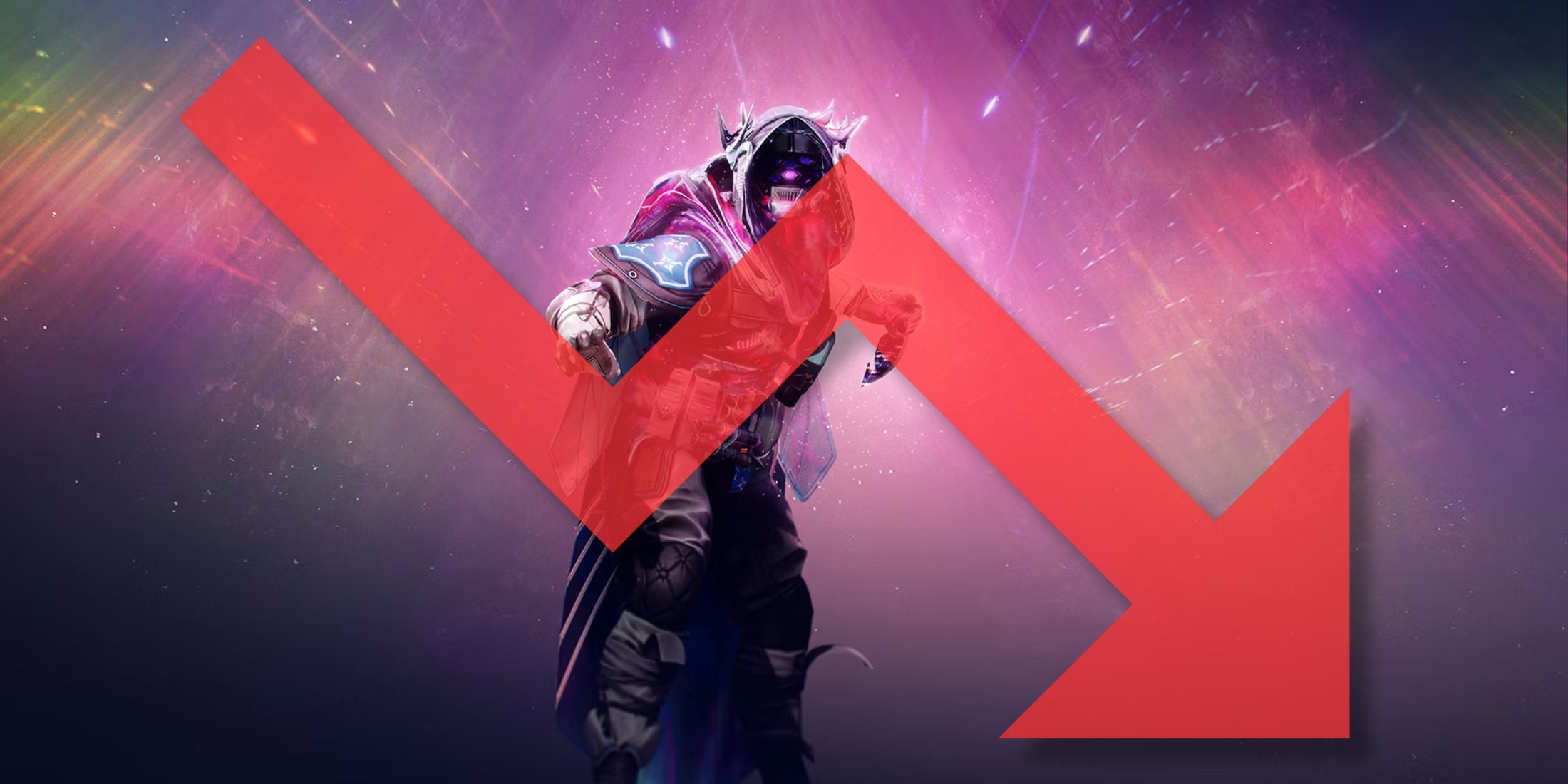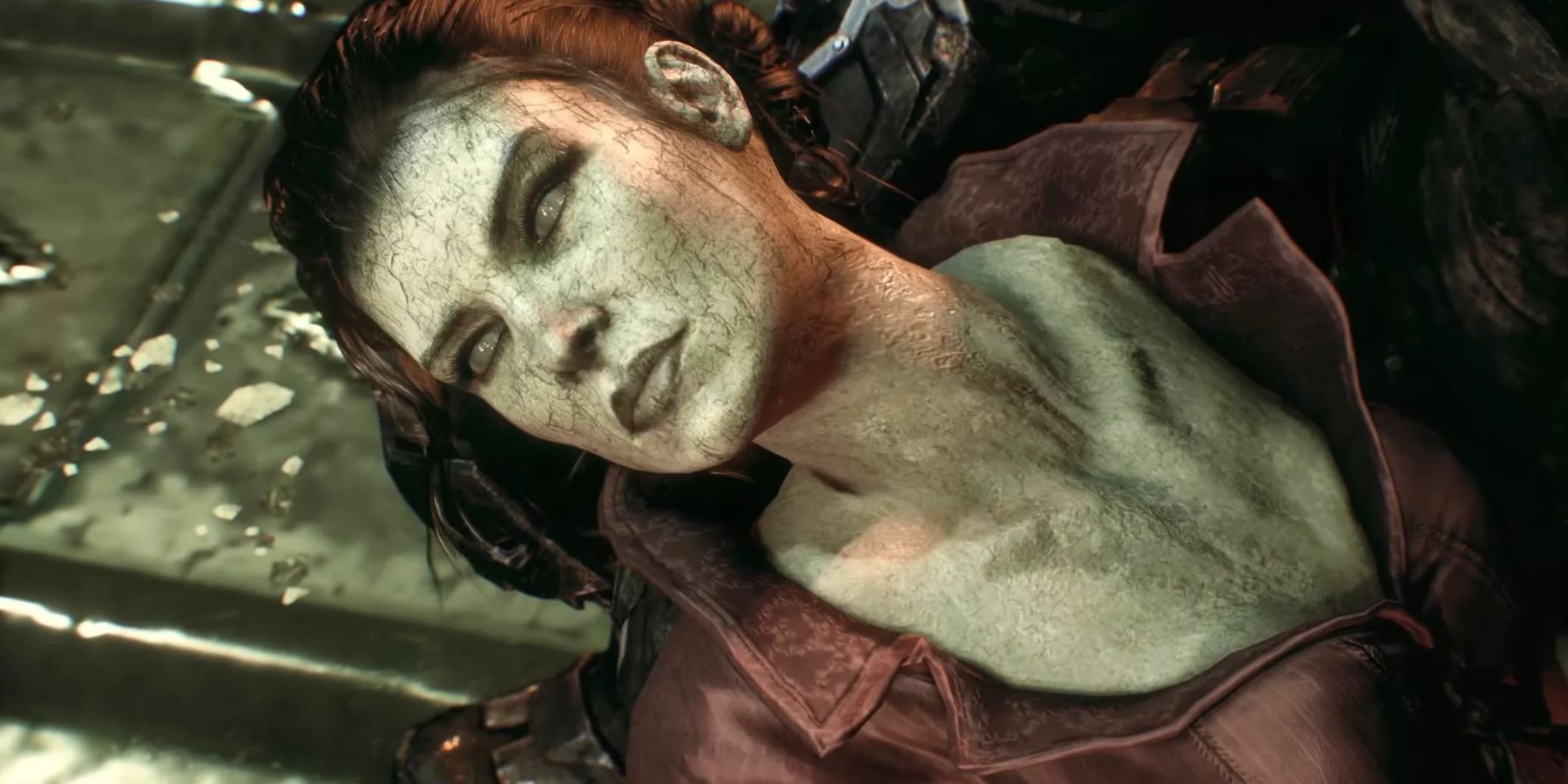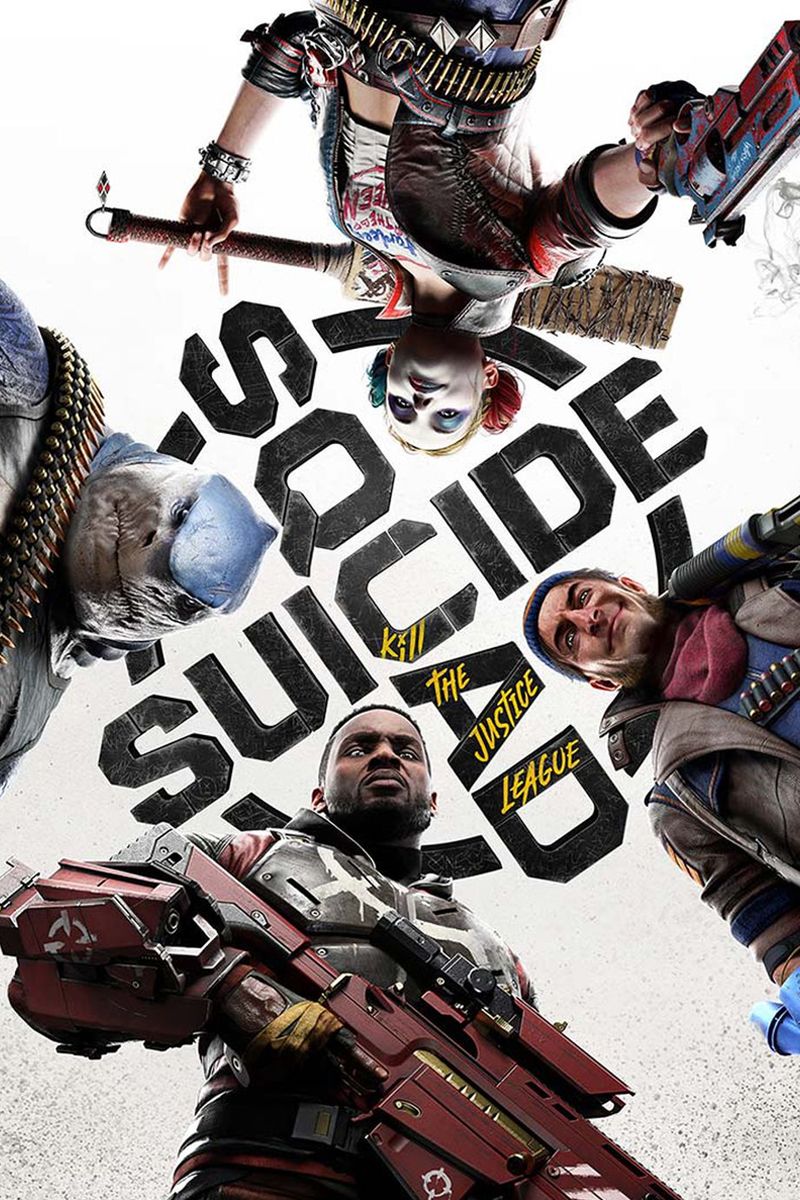Highlights
- Suicide Squad: Kill the Justice League should ensure that the revival of Poison Ivy is handled with care to maintain the impactful death she had in Arkham Knight.
- Bringing Ivy back as a villain again wouldn't be the most controversial choice, but it risks diminishing the impact of her self-sacrifice in the previous game.
- Rocksteady should consider exploring a nuanced and layered approach for Ivy's character, allowing her to reflect on her actions in Gotham City and develop a more complex moral compass.
Suicide Squad: Kill the Justice League might be a lesson in killing darlings and not holding treasured icons in such reverence, but it is still important that the payoff for events and characters in a beloved franchise is rewarding and respectful of what came before it. The game’s big story leaks have many eager fans concerned that Suicide Squad: Kill the Justice League won’t be rewarding or respectful, and hopefully there is context missing that makes it so. One recently confirmed story spoiler, for instance, has a chance to honor the foundations upon which it is built.
Poison Ivy, now known as Ivy in Suicide Squad: Kill the Justice League, has a rich and storied history in the Arkhamverse. Pamela Isley made appearances in all of Rocksteady’s Arkham games with WB Games Montreal’s Origins being the only one she skipped out on, and though her character was relatively static between Asylum and City she was finally written to be much more existentially interesting in Knight, where she meets a solemn death. Suicide Squad: Kill the Justice League now revives her from infancy, and doing so hopefully won’t unravel the novel development she had previously earned.
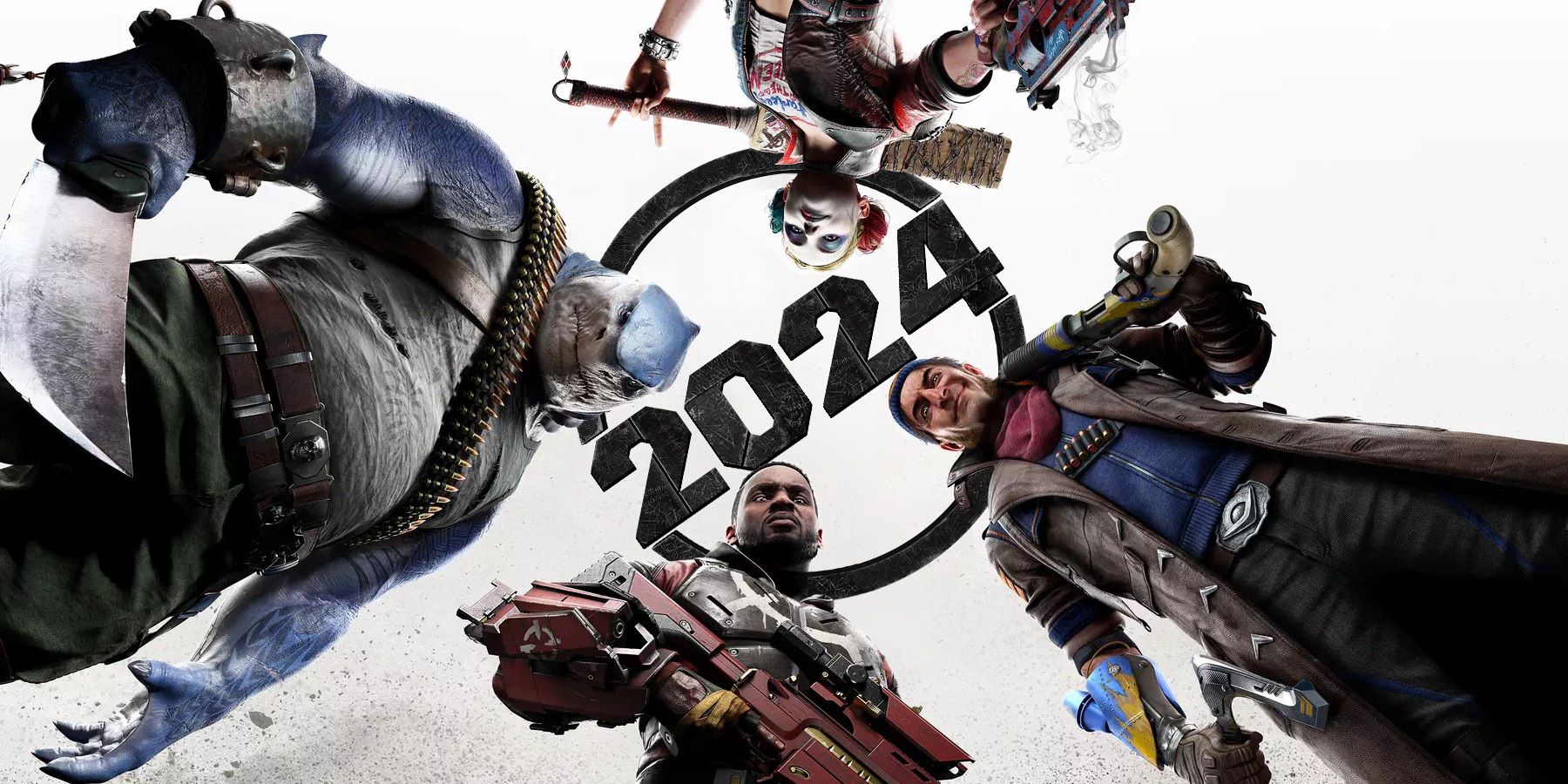
What to Expect from Suicide Squad: Kill the Justice League in 2024
Suicide Squad: Kill the Justice League launches early in 2024 and may have an exciting year of post-launch content planned thereafter.
Suicide Squad: Kill the Justice League Reviving Ivy Can’t Be for Nothing
Batman: Arkham Knight Gave Poison Ivy a Noble Death
If Arkham Knight wasn’t initially intended to end Batman’s story in the Arkhamverse that would be surprising to hear due to all the effort Rocksteady went to in bookending characters’ developments and giving closure to many loose ends in the narrative. Poison Ivy echoed her plight as Mother Nature to wipe out humans, but when it came to Scarecrow’s city-wide fear toxin she proved to be immune due to her spores and eventually decided to release those spores into the air to cleanse Gotham City of the toxin, resulting in her own epic, noble death.
Poison Ivy could’ve done this for the sake of the city’s flora, but it also shows an interesting point of morality within her: she was willing to self-sacrifice while working alongside Batman to thwart Scarecrow. Characters do remark afterward that she was a villain nonetheless, and hearing how an infatuated GCPD officer NPC feels about her throughout the game is a hilarious and charming throughline.
Poison Ivy didn’t die as an antagonist, which is far from what one would predict seeing how she behaves in previous games. Her rebirth from the tiny plant left behind as she evaporated will have to be handled with care if Rocksteady is determined to bring the character back as an impressionable nine-year-old.
Suicide Squad: Kill the Justice League’s Ivy Can’t Be Taken for Granted
Bringing Ivy back to have her simply become a villain again wouldn’t necessarily be the most controversial choice Suicide Squad: Kill the Justice League might make. Still, bringing her back at all risks having her death in Arkham Knight not pack as big of a punch anymore.
Her death could’ve left her moral compass leaning ambiguously and empathetically, and now that she’s alive again there’s less weight in how much her self-sacrifice meant in Knight since she could presumably die repeatedly and regrow if need be, like how The Guardians of the Galaxy’s Groot died and came back as Baby Groot. However, Groot’s never been as narratively important as he was in that first movie, being turned into pure comedic relief in adorable infant and teenager phases, and Ivy needs to be much more paramount to Suicide Squad: Kill the Justice League and the Arkhamverse’s narrative than that.
Ivy has apparently been in Lex Luthor’s captivity while no doubt being studied and researched, but players will eventually have her working with Task Force X to provide elemental weapons. Ivy shouldn’t be inherently ‘good’ without any moral compass steering those ideals, but the same can be said about her being inherently ‘bad.’
The most unique take Rocksteady might have on Ivy is to not decide which side of the fence she is on yet, maybe with Task Force X helping to align that for her in a way that is more nuanced and layered than having her be ‘good’ or ‘bad.’ When Ivy learns what she had done for Gotham and why, that could put the former antagonist on a fascinating path of self-reflection worthy of her revival in the Arkhamverse’s next chapter.

